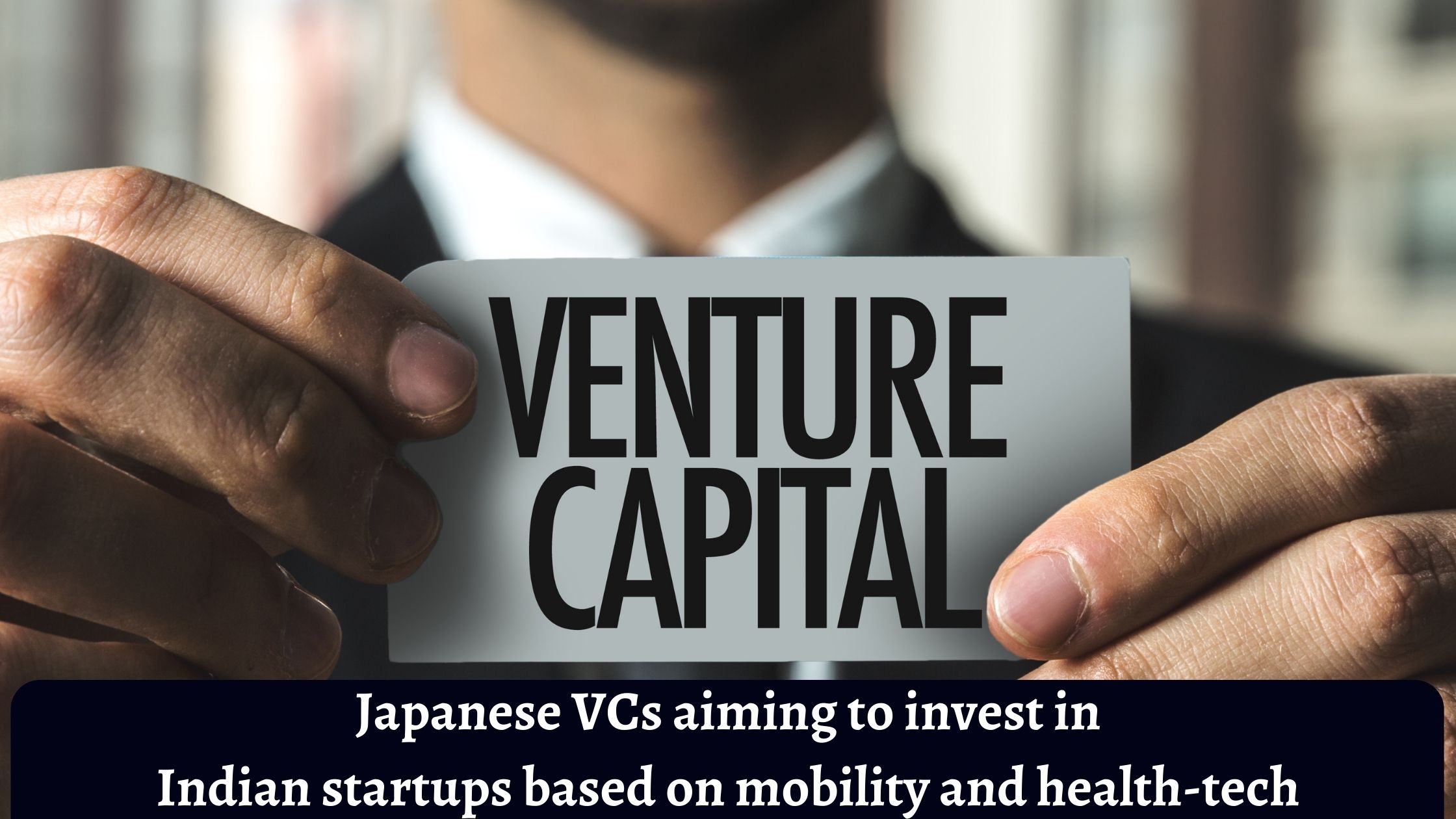Indian startups have initiated approaching VC firms over a virtual medium, which is being facilitated by the industrial body NASSCOM (National Association of Software and Service Companies) with Japanese VC firms.
The details
NASSCOM has hand-picked 20 startups for the initial investor interaction session, spread across sectors such as healthtech, consumer tech, agritech and robotics. The startups have started pitching their business models to Japanese VC investors from the 28th of this month. This year would have marked the second anniversary of the NASSCOM-Japanese VC investor connect session, but was delayed due to the ongoing rampant situation caused by the pandemic.
NASSCOM is also planning to conduct similar pitching session events with other countries such as the US and Europe, based on the feedback they receive from the slated industry geography.
According to a NASSCOM head official, investors are now mainly focussed on investing in sectors such as health-tech, supply-chain, mobility and personal hygiene- which is projected to remain relevant irrespective of the ongoing situation.
The proceedings
NASSCOM is personally curating startups based on their model, the founder's profile and the revenue growth of the company that is seeking funding. The credentials have been specifically requested by the Japanese VC firms. NASSCOM is also conducting a customer interaction program for startups. Only the startups which have completed pre-Series A or Series A rounds have been selected for the connect session.
The previous year, NASSCOM partnered up with the Embassy of India- Tokyo to initiate the building of a bridge between prospective Indian startups and Japan's esteemed VC community under its Global Capital Access Initiative. The previous year's event was attended by more than 150+ firms including Japanese VC firms, Corporate Venture firms, Angel investors and business enterprises.
Out of 26 startups that participated, 5 startups managed to raise funds and build strategic partnerships with Japanese investors within six months of the program. 75 investors are participating in the second edition as compared to more than double the amount the previous year due to the presence of not enough translation facilities which has limited the number only to VCs who are well-versed in English.
NASSCOM hopes that the gap will be bridged over the subsequent weeks.
VC firms like Sumimoto Corp, Akatsuki Inc, Denso International and Marubeni are slated to participate in this connect event. The first crop of startups participating includes Medikoe, Freshokartz, Redcliffe Hygiene, Kaya Tech and 1K Kirana.
Conclusion
It is quite obvious that the collaboration between the two countries' startup and corporate ecosystems will be of mutual benefit, especially in companies which are invested in the development of newer technologies such as AI and IoT. It is a win-win platform, to say the least. The Japanese investors can expect sustainable returns from prospective Indian startups on the rise and tap on the Indian market as well as utilise the resources at their disposal to develop products which will be beneficial for markets across the world, including their own.

